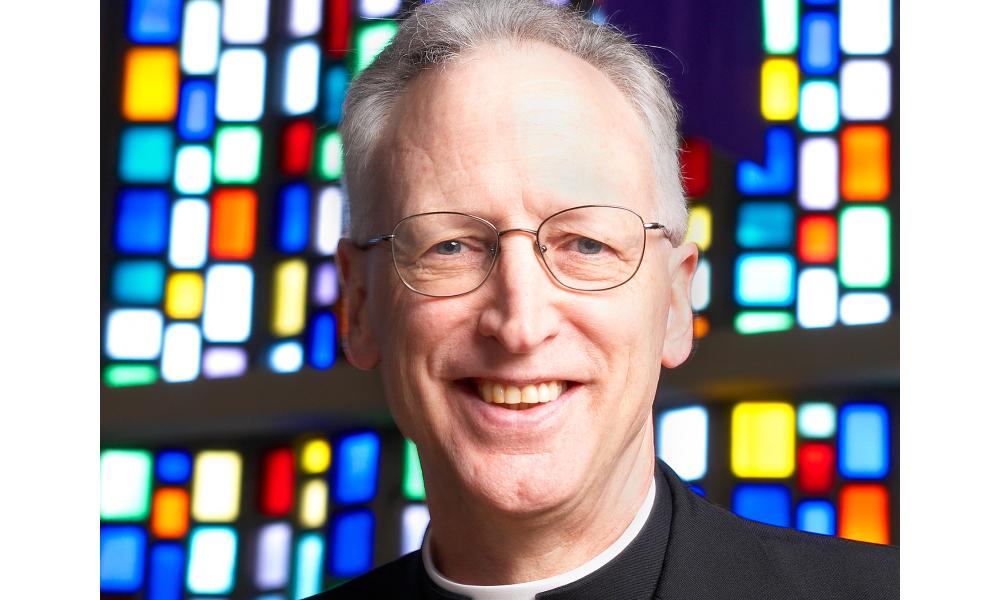
How We Will Witness to Hope Through Our Capital Campaign
An interview with Bishop Boyea
What are the diocesan needs that have prompted the capital campaign?
The Church today is faced with many challenges – declining attendance at Mass on Sundays, and in participation in the sacraments, which are the instruments of God’s grace. It can be tempting to respond with pessimism and discouragement. But that is the work of the devil – and we are people of hope. We are called to spread the Good News of Jesus Christ, to be messengers of the Gospel and be faithful disciples.
How do you see the campaign as a Witness to Hope?
First of all, through the process of the campaign, we are calling people to make a commitment about something very personal – their financial well-being. People often see their finances as the way they value themselves. We need to recognize our financial blessings are gifts from God, and we should be generous to God’s Church with the gifts he has given us. That is how we respond at a personal level to God, and how we bear witness to our hope in his Church.
What are your principal goals for the campaign?
I believe there are three major goals. First of all, our work of evangelization as we Announce the Gospel of the Lord has clearly demonstrated, as if we needed that demonstration, that the place where all this happens is the parish. This campaign will strengthen our parishes, not just financially, but also by instilling a sense of stewardship. That is why the largest component of the campaign is financial assistance for our parishes.
This leads to the second goal. We need to develop a greater sense of stewardship among all of us. We have not been challenged in this way before. Thus I see this campaign as a formative experience, as an important component of what it means to be a disciple. Pope Francis, on Ash Wednesday, made an important connection: “If the Jubilee doesn’t reach our pockets, it’s not a Jubilee.”
The third goal for this campaign, and what makes it different from what many of you may have experienced in other campaigns, is rooted in our very essence as Catholic. We have a responsibility for the broader Church and, of course ultimately, for the whole world. This is not just a matter that there are things that we cannot do on our own, but that we shouldn’t do on our own. We really are in this together as we do God’s work. Belonging to a parish is at the heart of our faith lives and I would not want it any other way, but that very belonging includes belonging to the broader Church, our diocese, and to the Catholic Church. This is an opportunity for all of us to make that reality even more concrete.
Why should we give to the campaign?
This is part of our diocesan plan, being played out in our diocesan assemblies, and in this year’s prayer for mercy. All of this points us to the need for re-evangelization, for calling our absent brothers and sisters home. This campaign supports our evangelization efforts financially and expresses the renewed faith commitment of our people. There is a complementarity between this and our diocesan pastoral plan.
